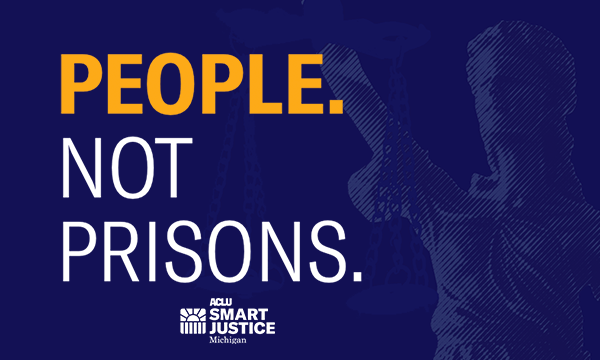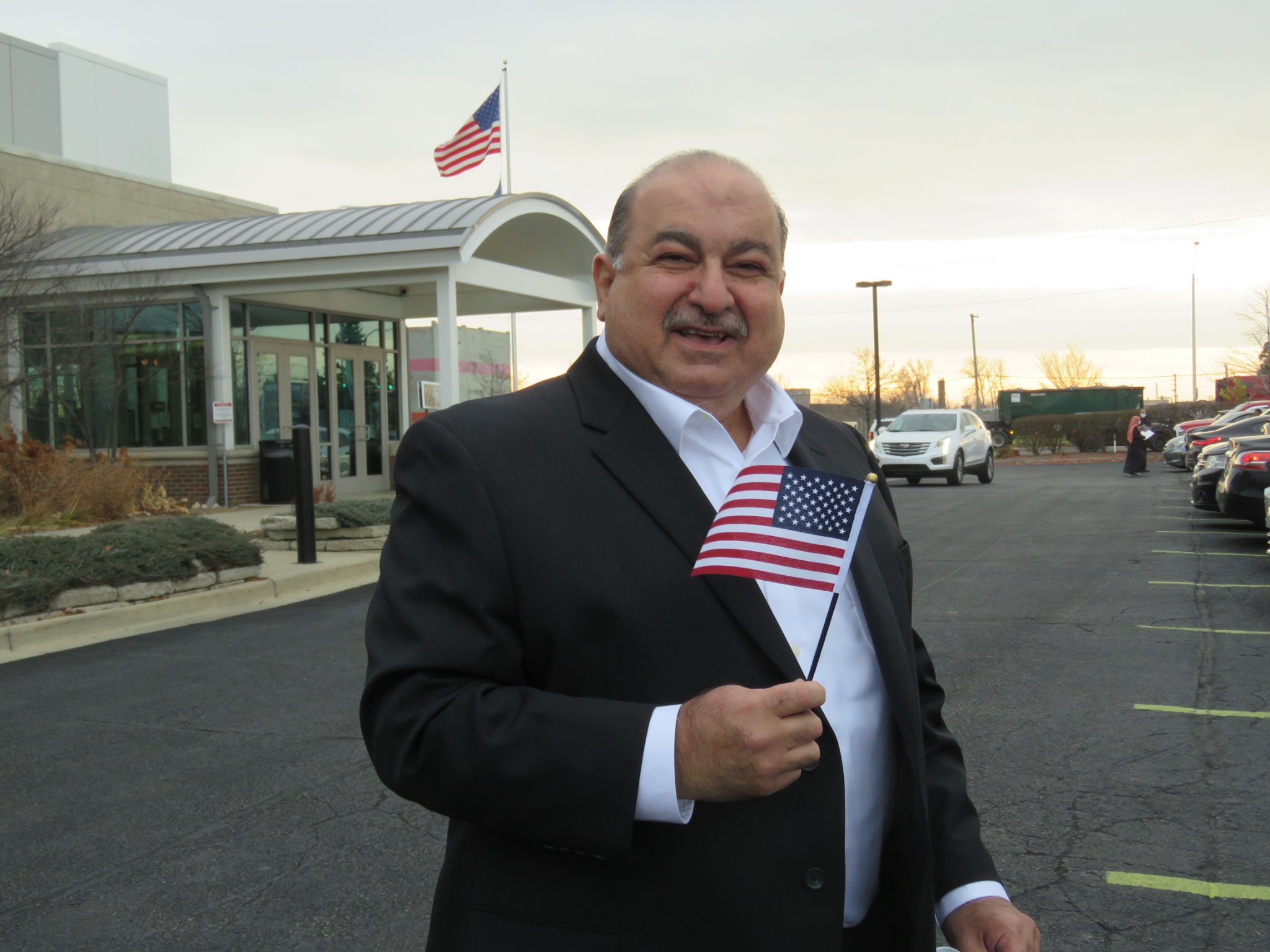At a time when American politics seems defined by partisan rancor and deep divide, Michigan’s lame-duck Legislature has the rare opportunity to come together and significantly improve all of our lives by getting 18 critically important pieces of legislation, commonly referred to as the “Smart Justice” reform package, across the finish line. With just days left this session, the race is on to get these bills, which have bipartisan support, passed and on Gov. Gretchen Whitmer’s desk. There are two reasons for this urgency. One, signing them into law will do a world of good to improve our criminal legal system, especially for the communities of color and poor people disproportionately being harmed by it.
The other is that once legislators return from break on December 1, they will only have nine working days to get everything passed by both chambers. If they don’t succeed, we will be back at square one next year, while thousands of people continue to languish needlessly in jail. All the hard work that brought us to this pivotal point will have to begin anew. That would be tragic as it would delay the aim of this legislation, which is to prevent thousands of people from being needlessly arrested and jailed, and all the fallout that comes with both – job loss, family separation, and financial instability.
The “Smart Justice” legislation stems from recommendations made in January by the bipartisan Michigan Joint Task Force on Jail and Pretrial Incarceration, which, with the help of Pew Charitable Trusts, spent most of 2019 conducting research and holding public fact-finding meetings across the state about our criminal legal system, specifically how and why we arrest people, and how long we lock people up in jail.
To underscore the dire need to get these bills passed, let me share just some of what Pew uncovered when examining data from 20 county jails across the state between 2016 and 2018:
Driving without a valid license was the third most common reason people went to jail in 2018
Traffic offenses accounted for half of all criminal court cases in 2018
People spent an average of 11 days in jail for a misdemeanor between 2016 and 2018
Black men made up 29% of jail admissions and 6% of the resident population between 2016 and 2018
Passage of the legislation will reclassify many traffic misdemeanors as civil infractions. Doing so would stop thousands of people a year from going to jail, saving taxpayers' money and preventing the terribly damaging impact on individuals and families even a few days being bars can create.
As Pew has pointed out, the legislative package will, among other things, “eliminate driver’s license suspension as a penalty for offenses not related to dangerous driving, increase use of arrest alternatives at the front end of the system, prioritize alternatives to jail when sentencing for low-level offenses, and reduce jail admissions for people on probation and parole.”
Several of the bills prioritize people’s individual needs over punishment. Legislation that will eliminate mandatory minimum sentences for a variety of misdemeanors gives judges the discretion to set penalties based on the facts of a case rather than being forced to impose sentences that may be unduly harsh and unjust.
Moreover, law enforcement will have discretion in many cases to issue a ticket rather than automatically arresting and jailing people. This will happen by expanding the list of offenses eligible for citations. Another common-sense measure included in these bills are alternative sentences, such as community service instead of jail and probation, and ensuring that conditions of probation and parole are tailored to the assessed risks and needs of the probationer/parolee and the needs of the victim. These policies will reduce the devastating collateral consequences of contact with the criminal legal system and reduce the likelihood of recidivism.
As Pew also points out in the Task Force report, “Michigan has one of the highest rates of community supervision in the country, and probation and parole violations are among the top 10 offenses admitted to jail...Research also indicates that sanctions for probation violations are most effective when they are swift, certain, and proportional, and that community-based sanctions are as effective as incarceration at reducing future violations.”
The common-sense nature of these reforms and their broad appeal is reflected in the diverse nature of the groups supporting them. Earlier this month, in a press conference held to draw attention to the issue and urge speedy action by the Legislature, representatives from groups as disparate as Americans for Prosperity, the Mackinac Center for Public Policy, Safe and Just Michigan and the ACLU of Michigan came together to urge lawmakers to get the bills passed.
“Believe it or not, progressives and conservatives can find common ground,” Annie Patnaude, state director for Americans for Prosperity, said during the press conference.
She’s right. These bills provide a rare opportunity for factions of every sort to come together and make improvements all of us can get behind.
There is absolutely nothing lame about that.

